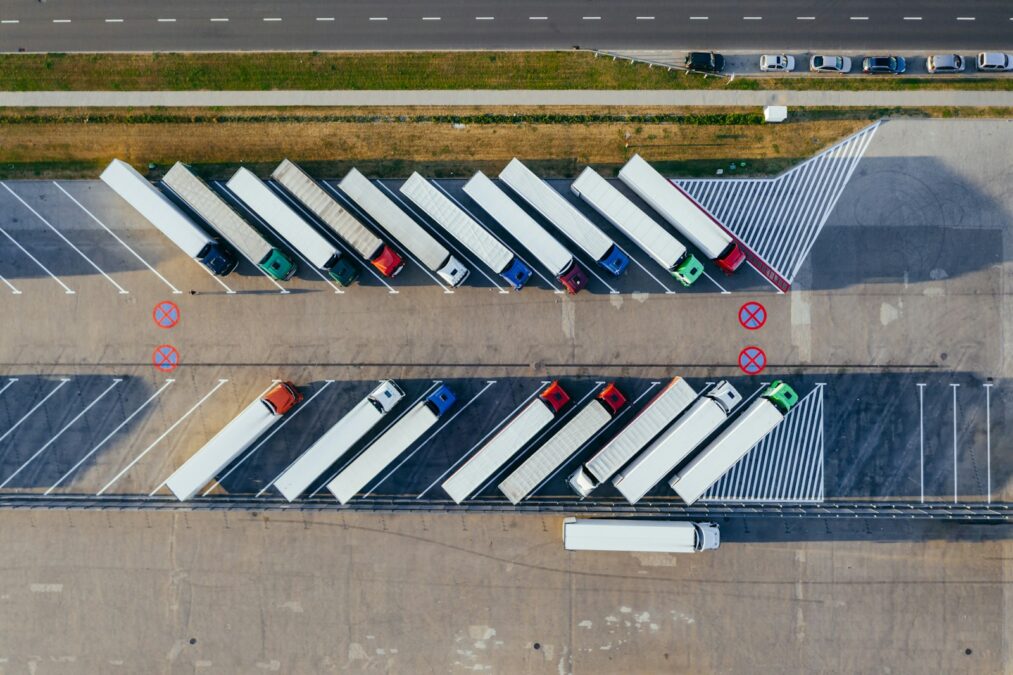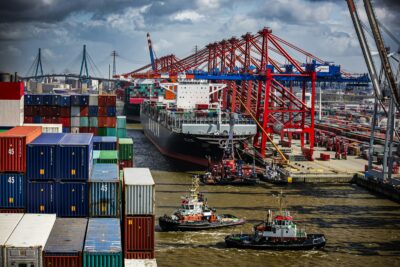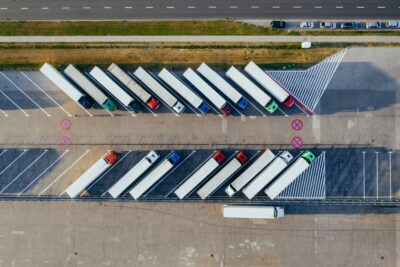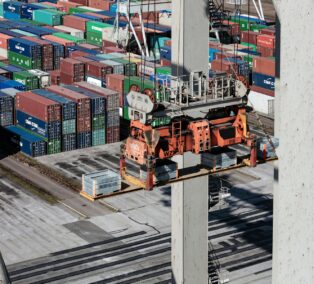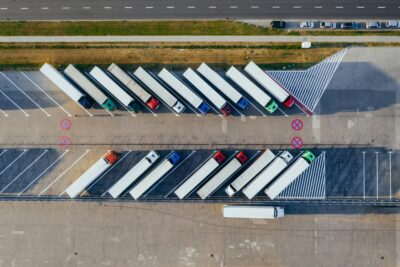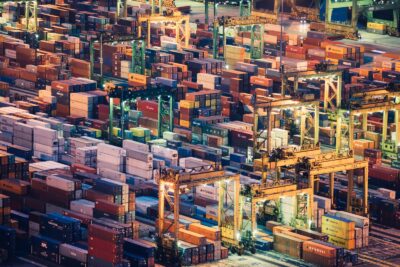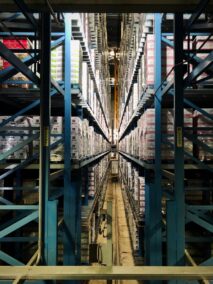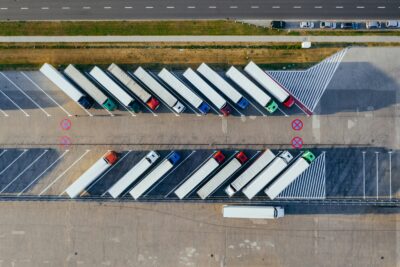The Power of AI in Route Optimization
In the realm of logistics, efficiency is paramount. Every delay, detour, or inefficiency in route planning can have significant ripple effects, impacting delivery times, costs, and customer satisfaction. Fortunately, the advent of Artificial Intelligence (AI) has brought about transformative changes in the logistics industry, particularly in the areas of route optimization and fleet management.
Route optimization is a complex puzzle, especially in dynamic environments where factors such as traffic, weather, and road conditions constantly change. Traditional route planning methods often rely on historical data and static algorithms, which may not adapt well to real-time fluctuations. This is where AI shines. AI-powered route optimization systems can analyze vast amounts of data in real-time, considering factors like traffic patterns, delivery windows, vehicle capacities, and even driver preferences. By continuously learning from new data and adjusting routes on the fly, these systems can minimize travel time, reduce fuel consumption, and improve overall efficiency.
Enhancing Fleet Management with AI
Effective fleet management is essential for ensuring that goods are delivered safely, on time, and in optimal condition. AI plays a crucial role in enhancing fleet management by providing insights and predictive capabilities that enable proactive decision-making. For example, AI algorithms can analyze vehicle telemetry data to identify potential maintenance issues before they escalate, preventing costly breakdowns and downtime. Additionally, AI-powered predictive analytics can forecast demand patterns and customer behavior, helping logistics companies allocate resources more effectively and anticipate future needs.
Optimizing Last-Mile Delivery
Last-mile delivery, the final leg of the supply chain from distribution center to the customer’s doorstep, presents unique challenges for logistics providers. It is often the most expensive and time-consuming part of the delivery process. AI technologies, however, are revolutionizing last-mile logistics by streamlining delivery routes, coordinating multiple stops efficiently, and even exploring innovative solutions such as drone delivery. By leveraging AI, logistics companies can improve delivery speed, reduce costs, and enhance the overall customer experience.
The Future of AI in Logistics
As technology continues to evolve, the potential for AI in logistics is virtually limitless. Innovations such as autonomous vehicles, robotics, and blockchain are poised to further revolutionize the industry, offering unprecedented levels of efficiency, transparency, and scalability. For example, autonomous delivery vehicles equipped with AI-powered navigation systems could navigate urban environments with ease, delivering goods faster and more safely than ever before. Likewise, blockchain technology can enhance supply chain visibility and security, reducing fraud and ensuring the authenticity of products throughout the entire logistics process.
Embracing AI for Competitive Advantage
Businesses that embrace AI in logistics stand to gain a significant competitive advantage in today’s fast-paced market. By harnessing the power of AI to optimize routes, manage fleets, and enhance last-mile delivery, companies can streamline operations, reduce costs, and deliver superior service to customers. Moreover, AI-driven insights can uncover hidden opportunities for improvement, enabling logistics providers to stay ahead of the curve and adapt to changing market dynamics. As AI continues to advance, its role in logistics will only grow, reshaping the industry and driving innovation for years to come.
Challenges and Opportunities
However, integrating AI into logistics is not without its challenges. Implementation costs, data security concerns, and the need for skilled personnel are just a few of the hurdles that companies may face. Additionally, there may be resistance to change from employees who fear that AI will replace their jobs. Overcoming these obstacles will require careful planning, investment in training and education, and a commitment to fostering a culture of innovation and adaptability within organizations.
The Path Forward
Despite these challenges, the benefits of AI in logistics far outweigh the risks. By leveraging AI technologies to optimize operations, enhance decision-making, and deliver superior customer experiences, businesses can position themselves for long-term success in an increasingly competitive marketplace. As AI continues to evolve and mature, it will undoubtedly play an even greater role in shaping the future of logistics, driving efficiency, sustainability, and innovation across the entire supply chain.
#AIinLogistics #RouteOptimization #FleetManagement #SupplyChain #Efficiency #ArtificialIntelligence #LogisticsIndustry #RealTimeData #PredictiveAnalytics #Transportation

